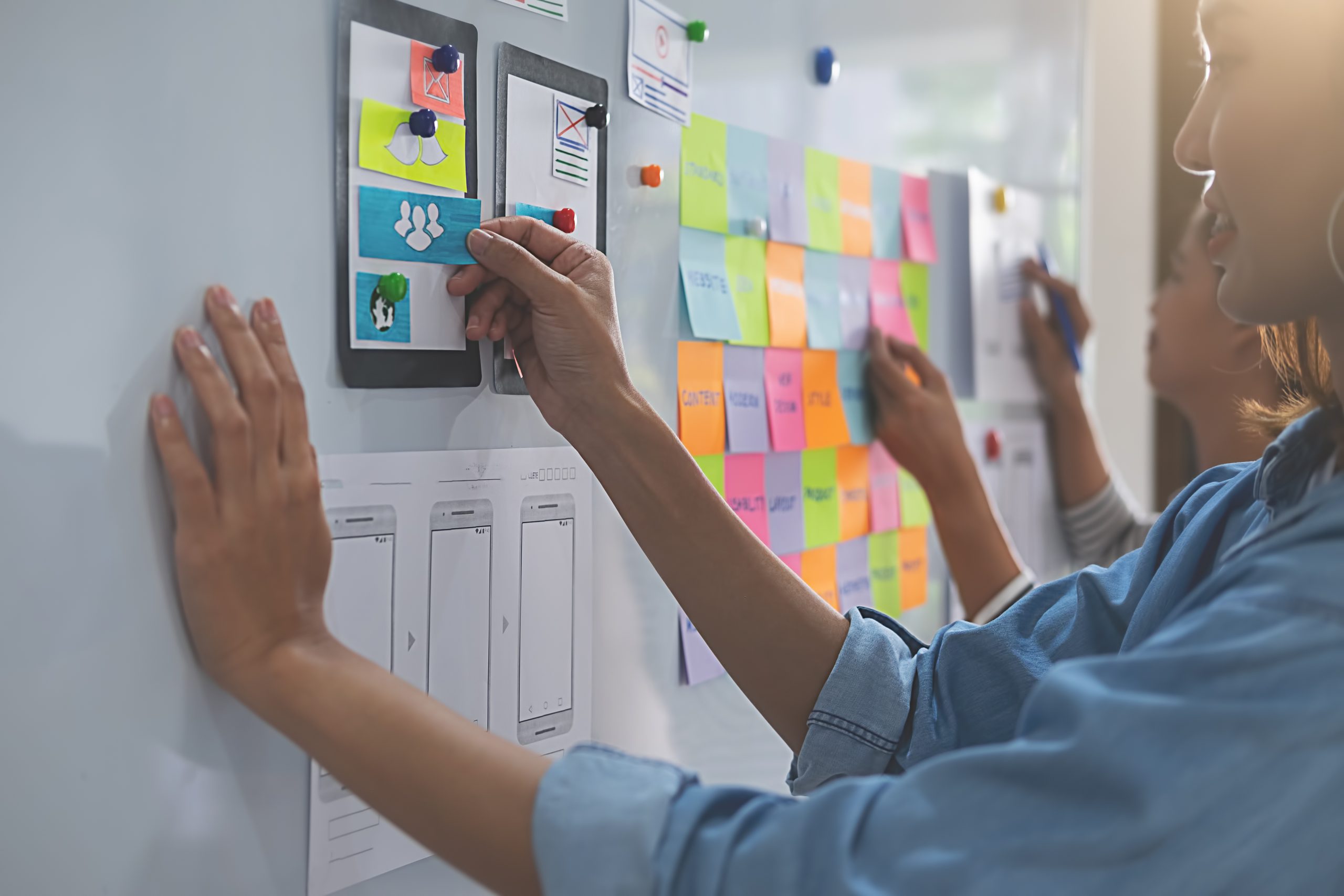SOLARIS has determined the framework of its local and international activities based on the following topics.
Research and Investigations
SOLARIS aims to do researches and investigations whether within own capacity or with any other relevant stakeholder, be it academic or not targeting the realities and the actual problems that the populations experiences. By prioritizing the people’s realities, we believe that the impact of the studies will be seen more effectively in the field.
We aim to lead social transformation related to Socio-cultural developments, women’s and children’s rights, youth, society and individual rights, global warming and climate change, health, art and culture, education, science, communication, entrepreneurship, technological developments, sustainability, employment, energy, urbanization, agriculture food and migration, and also contributing to academic discipline with scientific studies and creating new humanitarian aid models; publishing reports, field researches, statistical studies, articles and sharing these activities with the relevant institutions and the public.
Capacity Building, Entrepreneurship and Creation of Livelihoods
The capacity building of institutions and non-governmental organizations, needs and organizational capacity assessment, supporting research and development activities, mentoring, human resources and organizational development, performance development and training design, supporting access to basic services, third party assessment, sharing information, supporting renewable energy sources, awareness studies for organic production and consumption, developing digital exchange tools and disseminating them by creating subsidiaries, creating qualified labor force, adapting to the labor market, improving working conditions, creating sustainable livelihoods, SME subsidy, sectoral technical assistance, monitoring and evaluation, planning, smart specialization, industrial strategy, sectoral strategies, sectoral group studies, competitiveness, social responsibility matters have been taken as a basis.
Studies for Women, Children, Vulnerable and Disadvantaged Communities
Doing researches, investigations, and implementing projects for women, children, vulnerable and disadvantaged individuals, groups and those in need, immigrants, refugees, asylum seekers, displaced persons, people under temporary protection status, those seeking temporary asylum seekers, people who may enter the secondary protection procedure and in need of an international protection have been covered as a subject.
Humanitarian Activities and Standards
SOLARIS bases implementing projects and all other activities within the field of humanitarian aid and meeting all the needs of people both in ordinary times and also in extraordinary times such as disasters, accidents, wars, conflicts, crises, floods, earthquakes, fires, landslides, etc.
SOLARIS attaches importance to meeting the expectations of people in need in a timely manner and to respect their dignity in the humanitarian aid system. Actors engaged in humanitarian activities need to pay attention to accountability against the communities and individuals especially which are affected by the crisis while using their power. In this way, individuals can hold humanitarian organizations responsible for their missing activities. Basic Humanitarian Standards, included in international law, place the individual at the center of the humanitarian activity based on the person’s right to have a dignified life, protection, and security. Basic Humanitarian Aid Standards are financially and technically relevant to organizations that provide direct assistance to communities affected by the crisis or take part in the region. SOLARIS tries to fulfill its functions without compromising its principles within the framework of these standards.

